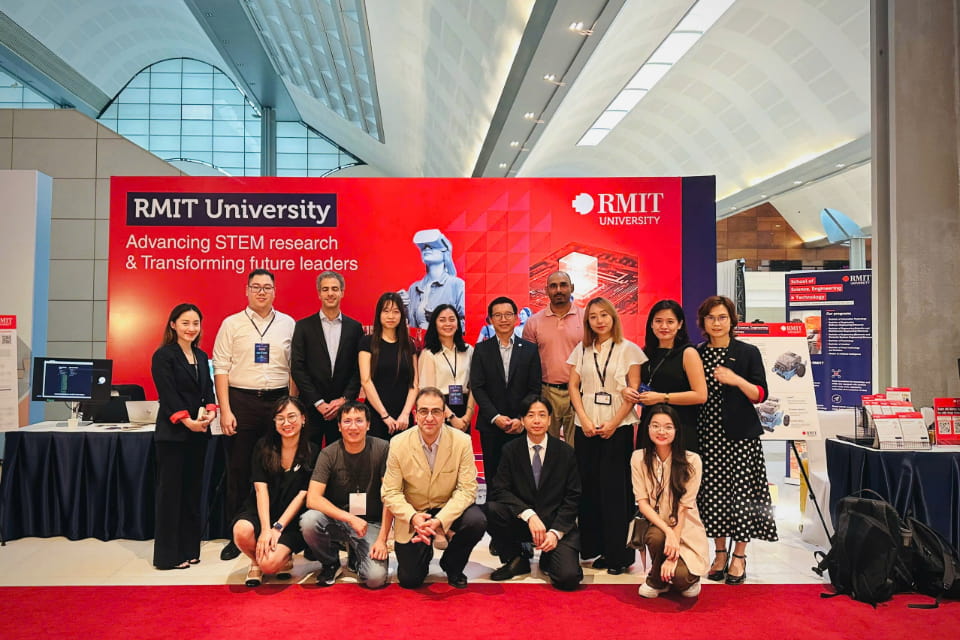
The Artificial Intelligence (AI) Health Informatics Research cluster advances healthcare by integrating AI and data science to improve patient care, address health inequalities and optimise healthcare delivery. Our interdisciplinary team leverages machine learning, natural language processing and predictive analytics to enhance decision-making, drive AI-based training for healthcare professionals, enable precision diagnostics in medical imaging and support effective public health communication. Through these efforts, we tackle critical challenges and promote informed, equitable healthcare.



Dr. Arthur Tang is driving interdisciplinary research in AI Health Informatics through collaborations with prestigious institutions across Asia, including the National University of Singapore, the Chinese University of Hong Kong and the University of Hong Kong. His significant contributions to medical informatics are highlighted by policy citations from globally recognised organisations such as the US CDC and the WHO. He has authored more than 40 research articles in top-tier academic journals and has shared his expertise through opinion pieces and commentary in prominent media outlets.